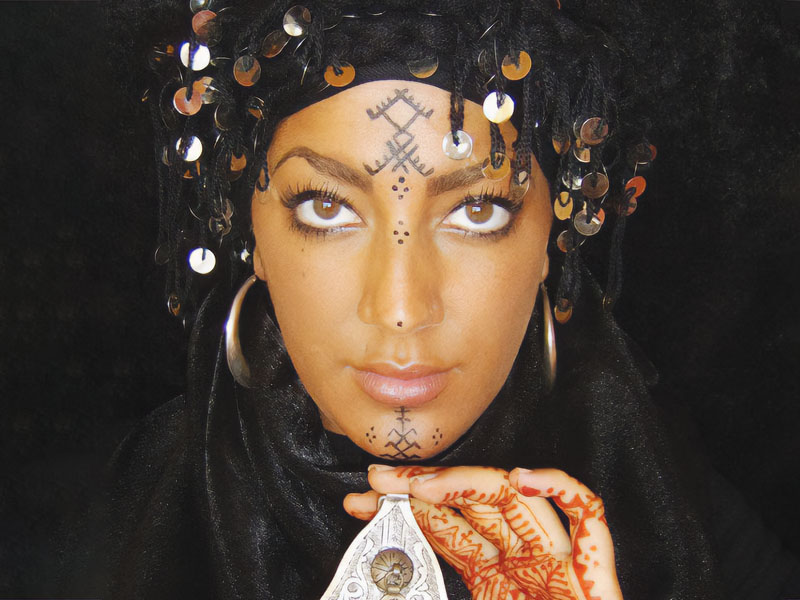Fertility: Beliefs and Rituals in Algerian Folklore
Issue 51

Dr Kamal Bughadiri
Professor and Researcher in Anthropology
This article deals with one aspect of folklore – the family’s folk beliefs – through an organised and integrated social system that performs many functions within the framework of the society’s culture. Such systems also help to reconcile old and current beliefs and to transmit beliefs and thoughts across generations as they help to satisfy psychological and social needs, especially those associated with the unseen aspects of the human psyche.
The disclosure of fertility-related beliefs is in fact a disclosure of the ideas contained in the collective mind. This disclosure reflects how such beliefs coexist with the logic of the existing circumstances, which are the essence of folk culture. They constitute people’s beliefs and attitudes to addressing their problems from the perspective of the concepts embedded in their mindsets.
Folk beliefs permeate the material and spiritual aspects of life, because beliefs are the driving force behind all rituals and social practices performed by an individual or group. Therefore, they provide a deep understanding of folk thinking and a deeper understanding of the nature of the group’s private identity, which prevents people from infiltrating this society. These beliefs are the hidden motivation for groups that retain many of their inherited customs and practices. Their authority over the folk mentality proves that they are formed because of individuals’ visions and inspiration; they are not merely inherited religious beliefs passed down over generations that transform into new forms.
These beliefs are expressions that reflect humans’ interaction with nature. The belief in collective ideology explains the transformation of an individual’s perception into a collective one. Collective beliefs may greatly affect individual and group social relationships.
We find a strong link between climate, belief, and nature, which inspires many beliefs. Beliefs are always consistent with the region’s natural, geographic and historical environments.
Zionists are trying to sever this connection by relating collective beliefs and rituals to ancient Biblical heritage. They have tried repeatedly to falsify facts, but their claims do not stand up to that which has been proven by Orientalist research. Other Arab researchers have also proved the falsehood of such allegations.
The importance of folk beliefs appears in any human society at the individual and social levels. They enhance the feeling of belonging to a group with the same collective beliefs. These beliefs help individuals deal with the outside world and handle crises. An understanding of the roots of beliefs helps in the analysis of individuals’ interactions with the outside world and the collective conscious.
Folk beliefs are sometimes a reference point for thinking and behaviour; they relate to all aspects of life, and they shed light on what is and is not acceptable according to social norms. Anthropology and sociology can recognise and understand many patterns of behaviour and study how folk beliefs can preserve balance in a society when there are collective tensions and conflicts. They form the common denominator between conflicting social groups and decrease tension. They form the social covenant upon which the members of a community depend as a basis for dialogue and debate.
The legitimacy of this covenant stems from the society’s collective will, and it includes various types of social behaviours and the collective consciousness.







































































